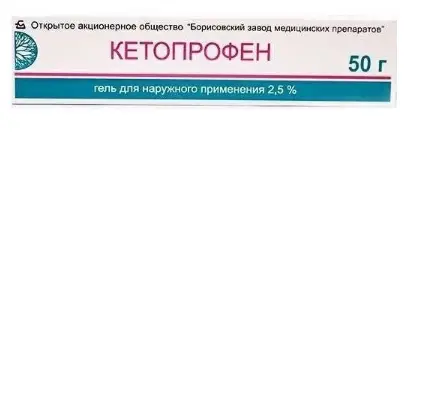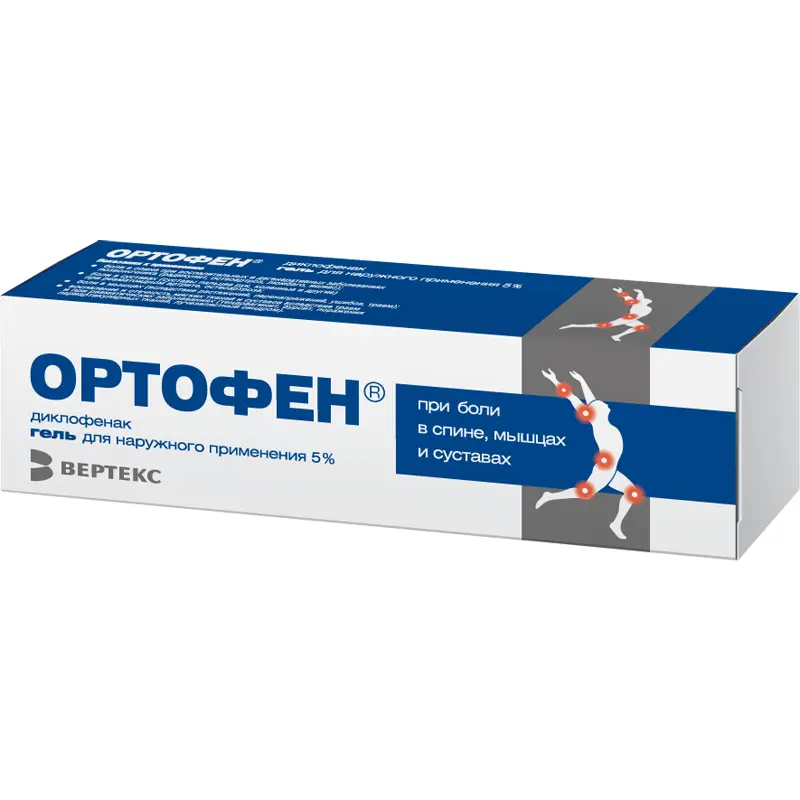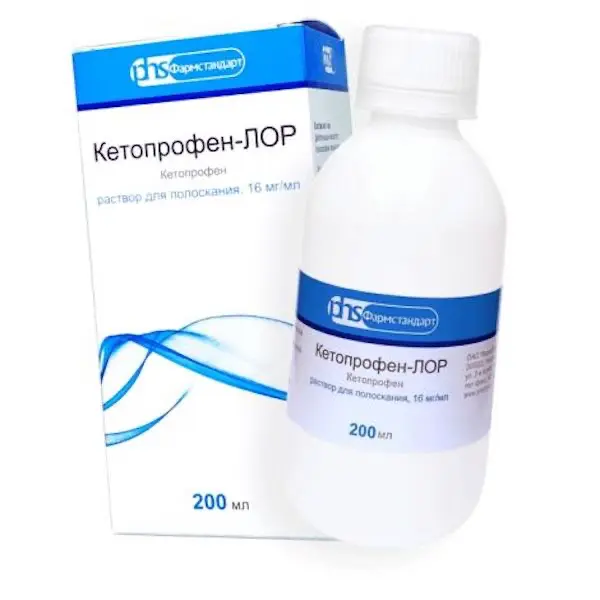Description
Ketoprofen Pharmacodynamics
Ketoprofen is a non-steroidal anti-inflammatory drug (NSAID) with local anti-inflammatory and analgesic effect due to inhibition of cyclooxygenase-1 (COX-1) and cyclooxygenase-2 (COX-2) activity that regulate prostaglandin (Pg) synthesis.
In joint syndrome it causes less arthralgia at rest and on movement, less “morning stiffness” and swollen joints. Ketoprofen has no catabolic effect on articular cartilage.
Indications
– Acute and chronic inflammatory diseases of the musculoskeletal system (joint syndrome with gout exacerbation, rheumatoid arthritis, psoriatic arthritis, ankylosing spondylitis, osteoarthritis, osteochondrosis with radicular syndrome, radiculitis, inflammatory ligament and tendonitis, bursitis, sciatica, lumbago);
– Muscle pain of rheumatic and non-rheumatic origin;
– Post-traumatic inflammation of soft tissues and musculoskeletal system (ligament injuries and tears, contusions).
The drug is intended as symptomatic therapy, to reduce pain and inflammation at the time of use, the progression of the disease has no effect.
Contraindications
– Complete or incomplete combination of bronchial asthma, recurrent nasal and paranasal sinus pollinosis and intolerance to acetylsalicylic acid or other NSAIDs (including anamnesis);
– skin lesions (sore dermatoses, eczema, infected abrasions, wounds) at the intended application site;
– Pregnancy (III trimester);
– lactation period;
– Children under 12 years of age;
– Hypersensitivity to ketoprofen or other NSAIDs.
Caution: erosive-ulcerative lesions of the gastrointestinal tract, expressed renal and hepatic dysfunction, chronic heart failure, bronchial asthma, pregnancy I and II trimester, hepatic porphyria, advanced age,
Administration during pregnancy and lactation
It is contraindicated to use the drug in III trimester of pregnancy.
It is possible to use the drug in I and II trimesters only after consultation with a physician if the supposed benefit for a mother exceeds the potential risk for a fetus.
It is not recommended to use during lactation.
Dosage and administration
- Outwardly.
- A small amount of gel (3-5 cm) 2-3 times per day is applied in a thin layer to adults and children from 12 years of age, followed by a long and careful rubbing into the inflamed or painful areas of the body.





